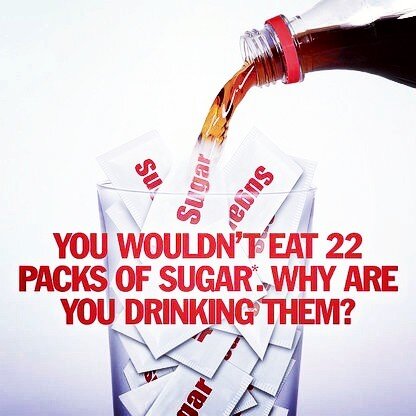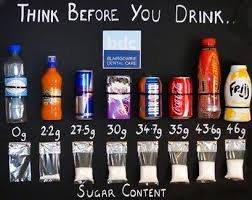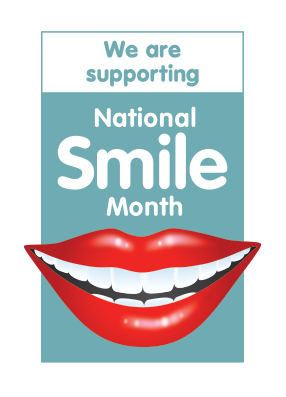 Its National Smile Month this month and so we are going to give you some information on reasons to maintain great oral health. The saying goes ‘the mouth is the window to the body’ and when we’re talking about taking care of our teeth, this couldn’t be truer.
Its National Smile Month this month and so we are going to give you some information on reasons to maintain great oral health. The saying goes ‘the mouth is the window to the body’ and when we’re talking about taking care of our teeth, this couldn’t be truer.

One of the benefits of great oral health, is what it can do for our confidence, our career and relationships, but here we are going to talk about the effects of poor oral health.
So what comes to mind here? Yellow teeth? How about missing teeth? Or perhaps breath that even air freshener couldn’t mask?
These may be extreme but the point is this – the repercussions of poor oral health don’t just stop at the mouth.
You wouldn’t ignore bleeding to any part of your body but many people ignore bleeding gums. It’s one of the first and most obvious signs of gum disease, which if left untreated, can cause a whole range of problems. By visiting a dentist as often as they recommend, we can help to nip these things in the bud.
So here we are going to look at some commonly asked questions on how the health of our mouth can affect our general health and why we ask question regards your general health when you come to the dentist.
What problems could poor denal health cause?
Problems which may be caused or made worse by poor dental health include:
- Heart Disease
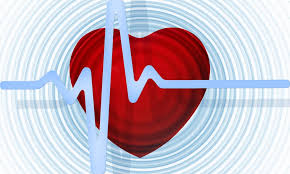
- Giving birth to a premature or low-birth-weight baby
- Respiratory (lung) disease
How can the health of my mouth affect my heart?
People with gum disease are almost twice as likely to have coronary artery disease than people without gum disease. When people have gum disease, bacteria from the mouth can get into their bloodstream. The bacteria produce protein. This can then affect the heart by causing the platelets in the blood to stick together in the blood vessels of the heart. This can make clots more likely to form. Blood clots can reduce normal blood flow, so that the heart does not get all the nutrients and oxygen it needs.
If the blood flow is badly affected this could lead to a heart attack.
What is the link between gum disease and strokes?
Several studies have looked at the connection between mouth infections and strokes. They have found that people who have had a stroke are more likely to have gum disease than people who have not had one.
When the bacteria that cause gum disease get into the bloodstream, they produce a protein. This can cause inflammation of the blood vessels, and this can block the blood supply to the brain. This can cause a stroke.
How could diabetes affect my dental health?
People with diabetes are more likely to have gum disease than people without it. This is probably because diabetics are more likely to get infections in general. People who do not know they have diabetes, or whose diabetes is not under control, are especially at risk.
If you do have diabetes it is important that any gum disease is diagnosed, because it can increase your blood sugar. This would put you at risk of diabetic complications.
Also, if you are diabetic, you may find that you heal more slowly. If you have a problem with your gums, or have problems after visits to your dentist, discuss this with your dentist before you have any treatment.
New research has also shown that you are more likely to develop diabetes if you have gum disease.
If you have diabetes, you have an increased risk of losing teeth.
Could gum disease effect my unborn child?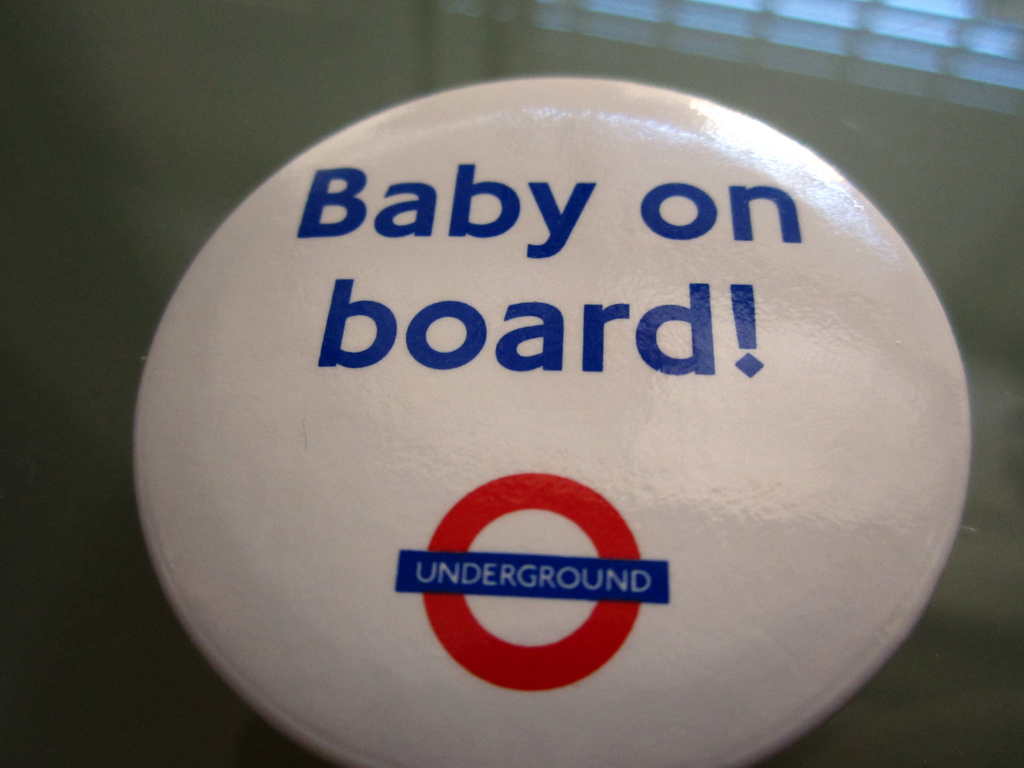
Pregnant women who have gum disease may be over three times more likely to have a baby that is premature and so has a low birth weight. There is a one-in-four chance that a pregnant woman with gum disease will give birth before 35 weeks.
It seems that gum disease raises the levels of the chemicals that bring on labour. Research also suggests that women whose gum disease gets worse during pregnancy have an even higher risk of having a premature baby.
Having gum disease treated properly during pregnancy can reduce the risk of a premature birth.
How could bateria in the mouth effect my lungs?
Bacterial chest infections are thought to be caused by breathing in fine droplets from the throat and mouth into the lungs. This can cause infections, such as pneumonia, or could make an existing condition worse. People with gum disease have more bacteria in their mouths and may therefore be more likely to get chest infections.
What are the tell-tale signs of gum disease that I should look out for?
Visit your dentist or hygienist if you have any of the symptoms of gum disease. These can include:
- Inflammation of the gums, causing them to be red, swollen and to bleed easily, especially when brushing
- An unpleasant taste in your mouth
Do I need to tell the dentist about changes to my general health?
Always tell your dentist about any changes to your general health. It is especially important to tell them if you are pregnant or have heart disease, diabetes, lung disease or have ever had a stroke. You also need to tell them about any medicines you are taking as these can affect both your treatment and the health of your mouth.
Does gum disease run in families?
Although there is some evidence that gum disease runs in families, the main cause is the plaque that forms on the surface of your teeth. To prevent gum disease, you need to make sure you remove all the plaque from your teeth every day by brushing and cleaning in between your teeth.
How can I prevent gum disease from getting worse?
If you have gum disease, your dentist or hygienist will usually give your teeth a thorough clean to remove any scale or tartar. This may take a number of sessions with the dentist or hygienist.
They will also show you how to remove the soft plaque yourself, by cleaning all the surfaces of your teeth thoroughly at home. Plaque is a sticky film of bacteria which forms on the teeth every day. For more information see our website section on gum disease.
Gum disease is never cured. But as long as you keep up the home-care you have been taught you can slow down its progress and even stop it altogether. You must make sure you remove plaque every day, and go for regular check-ups with the dentist and hygienist, as often as they recommend.
Can exercise help to prevent gum disease?
A recent study has shown that people who stay fit and healthy are 40% less likely to develop tooth-threatening gum infections that could lead to gum disease. It also found that not exercising, not keeping to a normal body weight and unhealthy eating habits made a person much more likely to get advanced gum disease.
If you are serious about your health – and your teeth – you will need to exercise, eat a healthy, balanced diet and keep to a normal body weight.
Can smoking affect my teeth and gums?
Smoking can make gum disease much worse. People who smoke are more likely to produce bacterial plaque that leads to gum disease. The gums are affected because smoking means you have less oxygen in your bloodstream, so the infected gums do not heal. Smoking can also lead to tooth staining, tooth loss because of gum disease, bad breath, and in more severe cases mouth cancer.
For more information, see our website – www.fellowsdental.co.uk or call to see us to book an appointment with one of our dentists or hygienists – 01323 640 345.



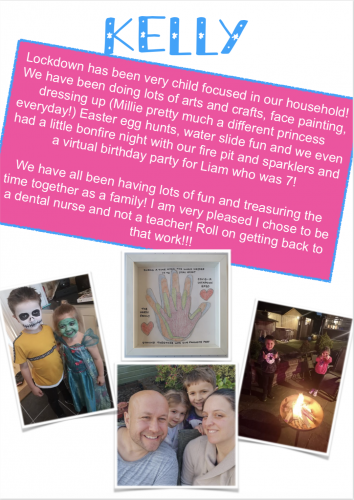



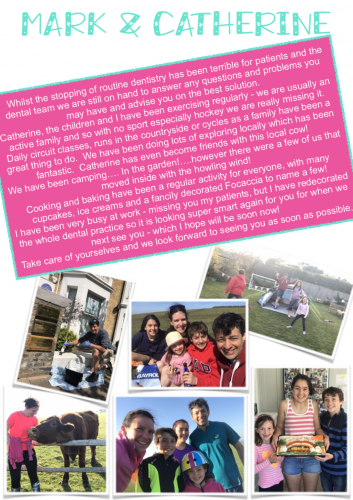
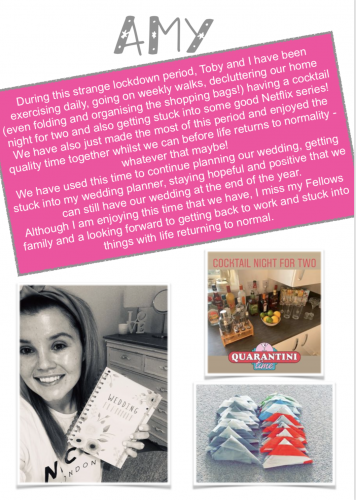




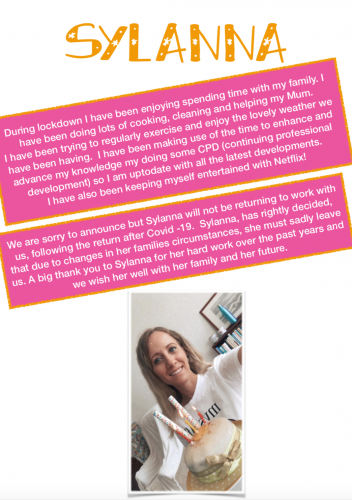
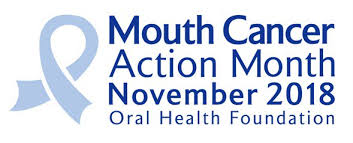 In the UK, more than 7,800 people were diagnosed with mouth cancer last year and globally there are in excess of 300,000 new cases every year. November is
In the UK, more than 7,800 people were diagnosed with mouth cancer last year and globally there are in excess of 300,000 new cases every year. November is  You may have been in recently and noticed some building work going on, and we thank you for your patience during this time.
You may have been in recently and noticed some building work going on, and we thank you for your patience during this time.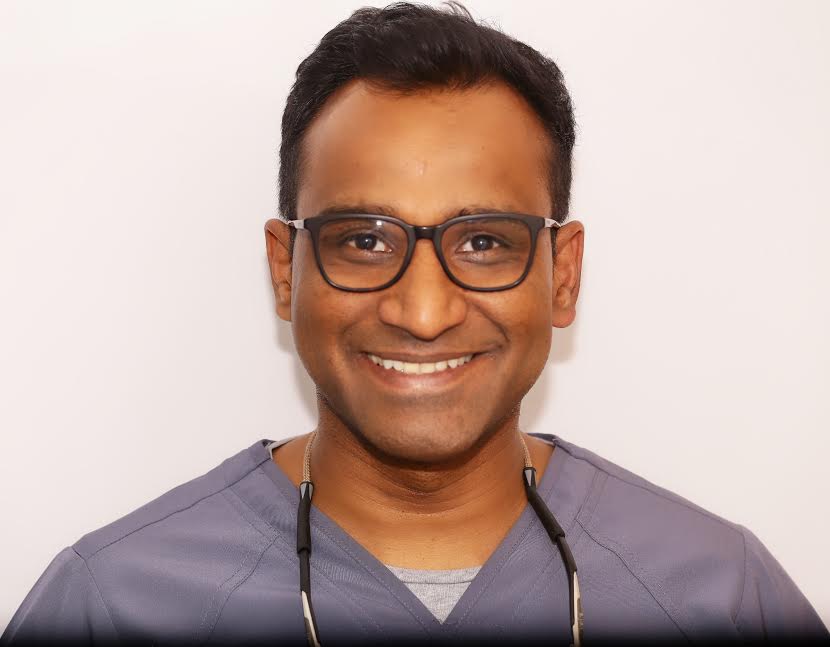

 Its National Smile Month this month and so we are going to give you some information on reasons to maintain great oral health. The saying goes ‘the mouth is the window to the body’ and when we’re talking about taking care of our teeth, this couldn’t be truer.
Its National Smile Month this month and so we are going to give you some information on reasons to maintain great oral health. The saying goes ‘the mouth is the window to the body’ and when we’re talking about taking care of our teeth, this couldn’t be truer.


